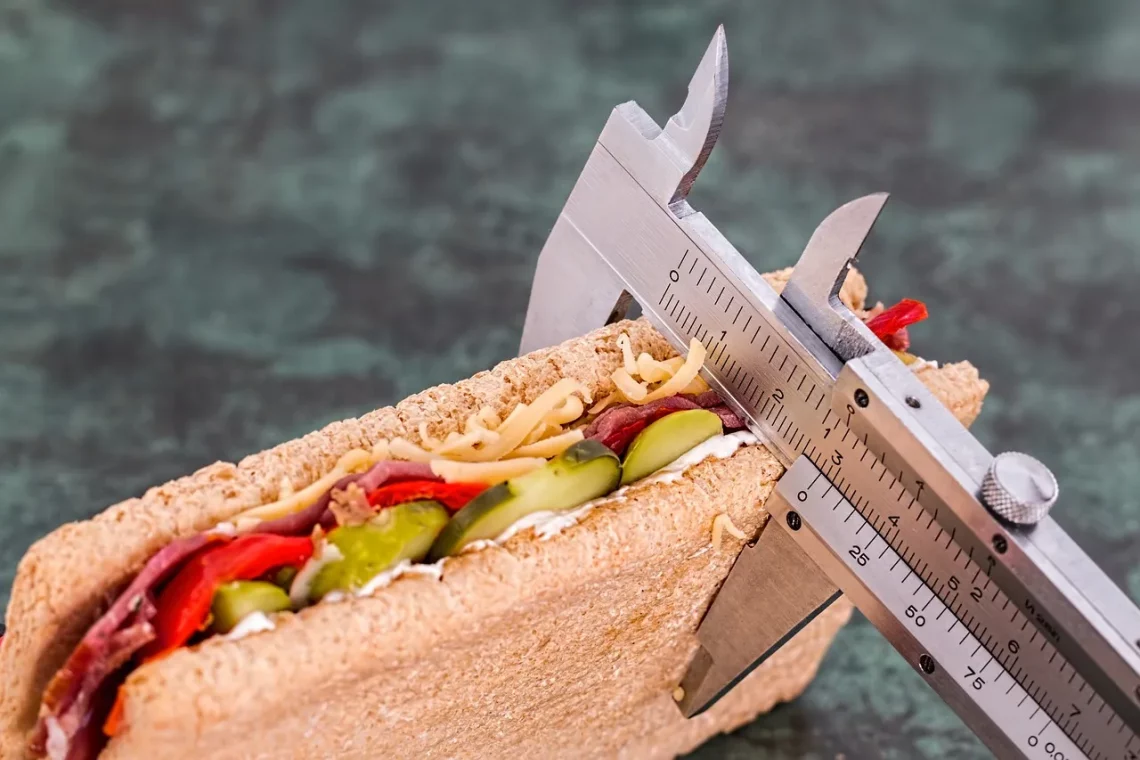
How Long Does It Take to Lose 50 Pounds Effectively and Safely?
Losing weight is a journey that many embark on for various reasons, whether it is for health, self-esteem, or overall well-being. The process of shedding pounds can often feel overwhelming, especially when setting ambitious goals like losing 50 pounds. It’s important to approach weight loss with a mindset that prioritizes not just the number on the scale, but also overall health and sustainability.
While the lure of quick fixes and fad diets can be tempting, the reality is that effective and safe weight loss requires a thoughtful approach. This journey involves understanding the complexities of metabolism, nutrition, and exercise, as well as the psychological aspects of changing one’s lifestyle. Moreover, the timeline for losing a significant amount of weight can vary drastically from person to person, influenced by factors such as age, gender, current weight, and overall lifestyle habits.
As you consider your weight loss goals, it’s crucial to remember that the focus should be on making lasting changes that promote a healthier lifestyle rather than simply aiming for a number. This mindset not only leads to more sustainable results but also fosters a positive relationship with food and exercise.
Setting Realistic Goals for Weight Loss
When it comes to losing 50 pounds, setting realistic goals is the cornerstone of success. It’s essential to understand that healthy and sustainable weight loss typically ranges from 1 to 2 pounds per week. This means that for someone looking to lose 50 pounds, a safe and effective timeline could span anywhere from 25 to 50 weeks.
To start, break down your ultimate goal into smaller, manageable milestones. For instance, aiming to lose 5 to 10 pounds at a time can make the overall process feel less daunting. Celebrating these small victories along the way can provide motivation and reinforce positive behaviors. Tracking your progress, whether through journaling or using apps, can also help you stay accountable and focused on your goals.
It’s important to keep in mind that weight loss is not linear; there may be weeks where you lose more or less than expected. This is completely normal and should not discourage you from continuing your journey. The key is to remain consistent and committed to your plan.
Additionally, consider the role of emotional and psychological factors in weight loss. Many individuals find that addressing underlying emotional issues related to food can be just as important as the physical aspects. Seeking support from friends, family, or professional counselors can provide the encouragement needed to stay on track.
The Importance of Nutrition in Weight Loss
Nutrition plays a pivotal role in any weight loss journey. To effectively lose weight, it’s essential to create a caloric deficit, meaning you consume fewer calories than you expend. However, this doesn’t mean you should resort to extreme diets or depriving yourself of essential nutrients. Instead, focus on making healthier food choices that nourish your body while still supporting your weight loss goals.
Incorporate a variety of whole foods into your diet, including fruits, vegetables, whole grains, lean proteins, and healthy fats. These foods are not only lower in calories but also high in essential nutrients that support your overall health. For instance, fiber-rich foods can help you feel full longer, reducing the likelihood of overeating.
Additionally, stay mindful of portion sizes and avoid mindless eating, which can lead to consuming excess calories. Meal planning and preparation can be effective strategies to help you stay on track with healthy eating. By preparing meals in advance, you can make more intentional choices and avoid the temptation of unhealthy options.
Another crucial aspect of nutrition is hydration. Drinking plenty of water is essential for overall health and can aid in weight loss. Sometimes, our bodies confuse thirst with hunger, leading to unnecessary snacking. Aim to drink water throughout the day and consider having a glass before meals to help control appetite.
Ultimately, the goal is to develop a balanced relationship with food, where you can enjoy your meals while still prioritizing your health. This approach will not only help you lose weight but also maintain your progress in the long run.
Exercise: The Key to Effective Weight Loss
Incorporating regular physical activity into your routine is essential for achieving and maintaining weight loss. Exercise not only helps burn calories but also boosts your metabolism, improves mood, and enhances overall health. When aiming to lose 50 pounds, it’s important to find an exercise regimen that you enjoy, as this will increase the likelihood of sticking with it in the long run.
A combination of cardiovascular, strength, and flexibility training is ideal for a well-rounded fitness plan. Cardiovascular exercises, such as walking, running, cycling, or swimming, are effective for burning calories. Aim for at least 150 minutes of moderate-intensity aerobic activity each week, gradually increasing as your fitness level improves.
Strength training is equally important, as it helps build lean muscle mass, which can increase your resting metabolic rate. Incorporate strength training exercises at least two days a week, focusing on all major muscle groups. This not only aids in weight loss but also improves overall body composition and strength.
Flexibility and balance exercises, such as yoga or Pilates, can enhance your workout routine by improving mobility and reducing the risk of injury. These practices also promote mindfulness and can help reduce stress, which is often a barrier to effective weight loss.
Additionally, consider incorporating more movement into your daily life. Simple changes, like taking the stairs instead of the elevator, walking during breaks, or engaging in active hobbies, can significantly contribute to your overall calorie expenditure.
Remember, the goal is to create a sustainable exercise routine that fits your lifestyle and preferences. Enjoying your workouts will not only help you lose weight but also enhance your overall well-being.
Maintaining Weight Loss and Preventing Regain
Achieving your weight loss goal is a significant accomplishment, but the journey doesn’t end there. Maintaining weight loss is often more challenging than the initial process of losing the pounds. To prevent regaining weight, it’s crucial to adopt lifestyle changes that are sustainable and enjoyable.
First and foremost, continue to prioritize healthy eating habits. As you transition from a weight loss phase to maintenance, it may be tempting to revert to old habits. Instead, focus on maintaining a balanced diet that includes a variety of foods while still being mindful of portion sizes.
Regular physical activity should also remain a priority. Establishing a consistent workout routine will help you maintain your weight and continue to reap the health benefits of exercise. Aim to stay active most days of the week and consider trying new activities to keep things fresh and enjoyable.
Another key component of maintaining weight loss is to regularly monitor your progress. Weighing yourself weekly or bi-weekly can help you stay accountable and catch any potential weight gain early. Additionally, keeping a food journal can encourage mindfulness around eating habits and help you identify any triggers that may lead to unhealthy choices.
Lastly, seek social support to stay motivated. Surround yourself with friends, family, or groups that share similar health goals. Sharing your journey with others can provide encouragement and reinforce positive behaviors.
In conclusion, losing 50 pounds is an achievable goal with the right mindset, nutrition, and exercise plan. Remember to be patient and kind to yourself throughout this process.
**Disclaimer:** This article is not intended as medical advice. Always consult a healthcare professional before starting any weight loss program or making significant changes to your diet or exercise routine.




